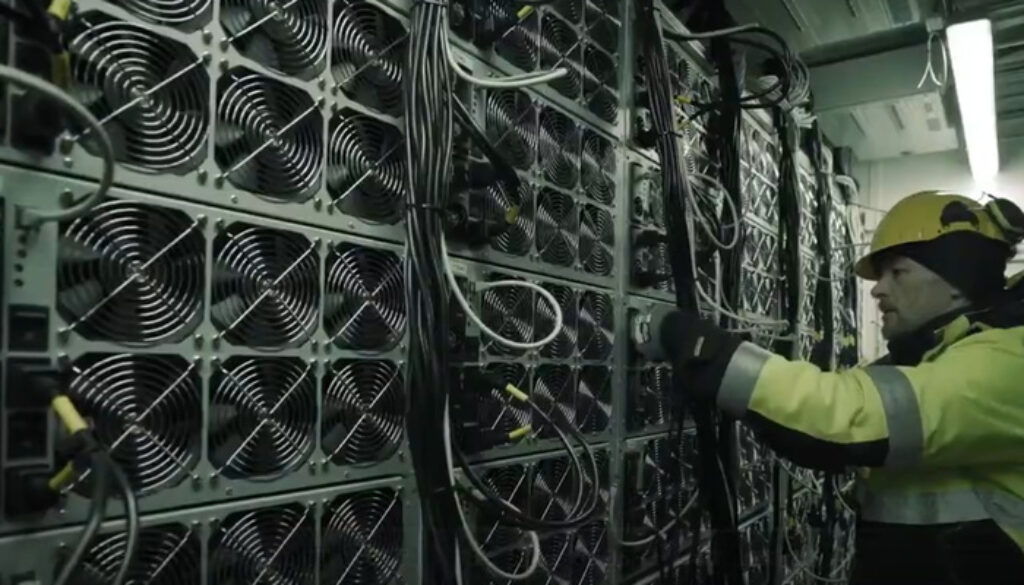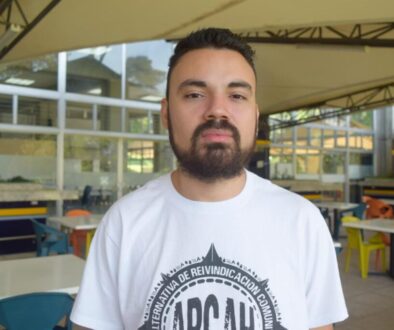What Impact Will AI Have on the Energy Transition?
By Ignacio F. Lara – Página/12, March 23, 2025
It remains to be seen whether AI will be an enabler or an obstacle to a sustainable energy transition.
The latest Artificial Intelligence (AI) Action Summit in Paris brought together policymakers, entrepreneurs and experts from around the world to discuss the challenges and opportunities of this group of technologies, and to try to bring the competing visions between governments and the private sector back on track.
Among the many aspects discussed, the link with the energy transition and the climate change agenda also had its place, with the question of whether AI will be an enabler or a further stumbling block to a sustainable energy transition remaining open.
But let’s start at the beginning. Why are AI and energy such closely linked agendas? First and foremost because of the impact that AI developments are having on all sectors, including energy.
How AI Intersects with Energy
According to the International Energy Agency (IEA), AI’s diverse and beneficial impacts on the energy sector include the potential to help better predict weather patterns, accelerate the development of new battery chemistries -a key issue for the decarbonization of consumption- and improve the operation of power grids, to name just a few.
According to the World Economic Forum, AI could not only optimize energy consumption, but also reduce global greenhouse gas emissions by 5-10%.
However, there is also a downside to this, as data centers dedicated to AI are energy intensive: one data center can consume almost as much energy as 100,000 homes. In fact, the increase in energy demand for data centers – in Europe alone – is expected to be 160% between 2022 and 2030, reaching 287 TWh – which is equivalent to Spain’s total electricity consumption in 2022.
According to a report by “Beyond Fossil Fuels”, if no measures are taken to make these centers run exclusively on renewable sources, 61% of the energy needed to operate them will come from fossil sources. This would result in an additional 121 million metric tons of CO₂ emissions between 2025 and 2030.
But it is not only the energy consumption of these centers that is concerning because of their environmental concern, but also the efficiency of the hardware and software used. A study by the Politecnico di Milano shows that there are several strategies to reduce this impact, such as decarbonizing support systems, adopting network support initiatives, optimizing cooling systems and optimizing the software used, among others.
Energy transition
In addition to this scenario, which is already complex, AI has become one of the main battlegrounds for the geopolitical competitions and rivalries that have resurfaced in recent years, which is not exactly an incentive to move towards an “orderly” transition, as called for at COP 28.
And so we return to the initial question: will AI facilitate the transition to a sustainable energy system or will it slow down the adoption of measures that appear today more urgent than ever? And the answer, which is neither definitive nor exhaustive, is: it depends. Ultimately, it will depend on whose interests prevail.
Ultimately, the same challenges are repeated as in many other global issues: if there is no coordination and cooperation, the road ahead can be very complex. As the head of the IEA warned, with thousands of data centers expected to be built in the coming years: “unless the energy industry, the technology sector and governments work together to provide the necessary energy infrastructure, many projects could be delayed or even cancelled”.
And, once again, the need for more and better governance – at multiple levels – in both the energy and technology sectors is clear. And, as various experts agree, this challenge cannot be met only by sound sectoral regulation, which is also important, but also by a strong and active presence -read investment- of those who represent the general interest, especially in a democracy: public institutions.
Ignacio Lara holds a PhD in Political Science, specializing in energy transition and environmental democracy. He is a Project Manager at Asuntos del Sur and a lecturer at the Graduate School of Economics and International Relations (ASERI, Italy).





